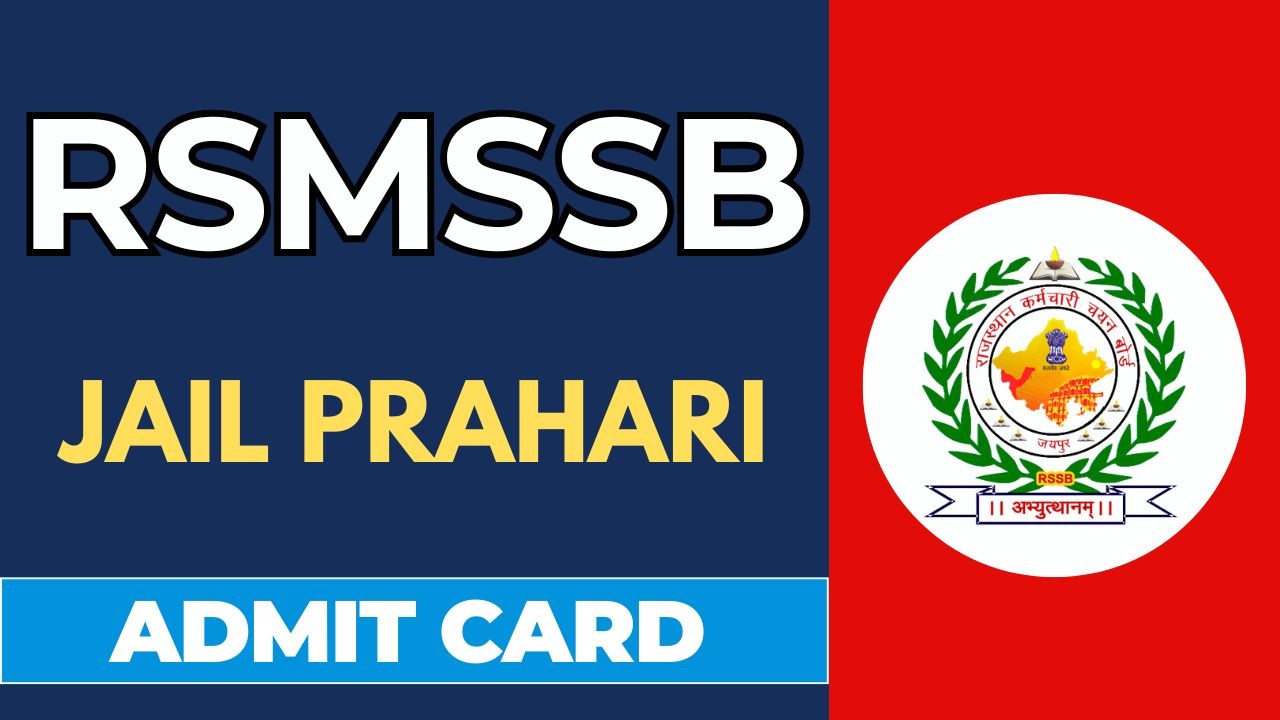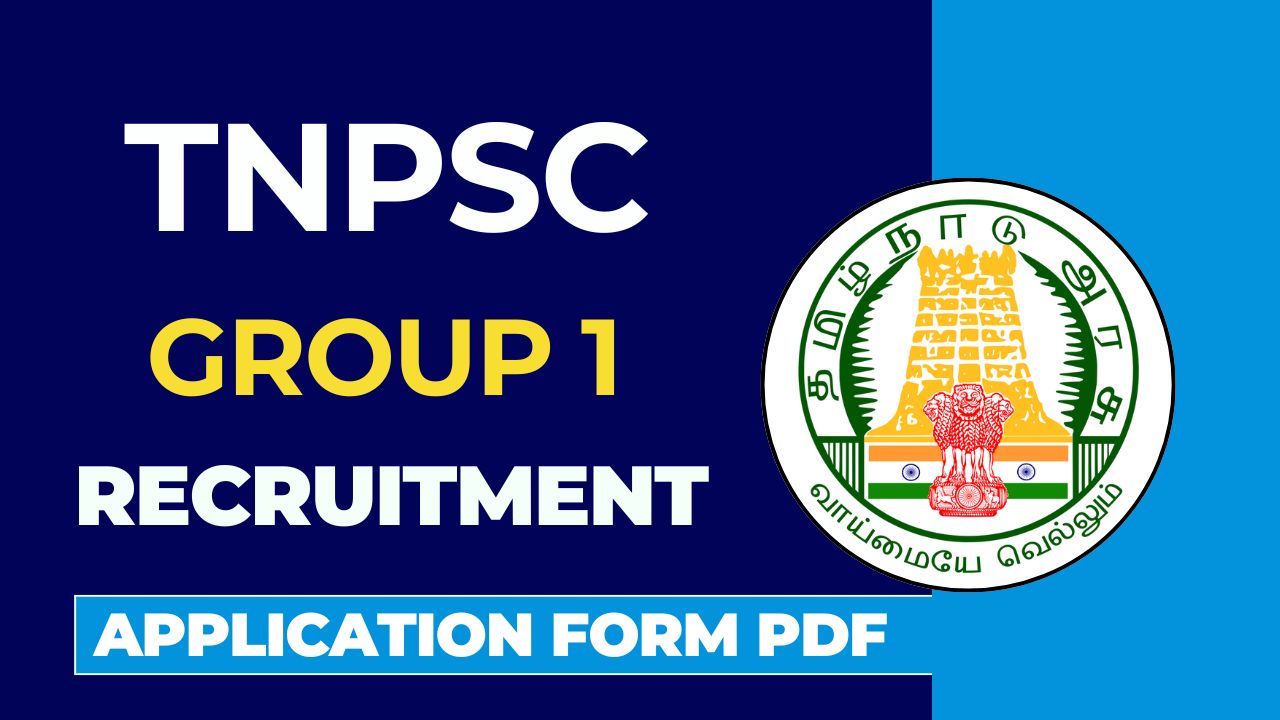The IRS PATH Act, introduced during the Obama administration, expands tax credits that help American individuals, families, and businesses. These include the Earned Income Tax Credit (EITC) and the Additional Child Tax Credit (ACTC), which offer tax relief for many low—and moderate-income taxpayers.
The PATH Act also has steps to prevent fraud. To reduce fraudulent returns, the IRS now holds refunds for taxpayers claiming the EITC or ACTC until February 15 of the qualifying tax year, even if they file early. This gives the IRS time to review and ensure accurate claims.
So, if you file your tax return early and claim one of these credits, expect your refund to come after February 15 due to these anti-fraud checks.
Understanding the IRS PATH Act
The Protecting Americans from Tax Hikes (PATH) Act of 2015 is a law introduced during the Obama administration. It expands or renews various tax credits for individuals, families, and businesses. Besides offering benefits, it also has protections against identity theft and tax fraud to secure taxpayer information.
The PATH Act sets specific requirements for those eligible for credits like the Earned Income Tax Credit (EITC) and the Additional Child Tax Credit (ACTC). Individuals must have a valid Social Security Number (SSN) or an Individual Taxpayer Identification Number (ITIN). If their ITIN has expired, they need to renew it to claim these credits.
To prevent fraudulent claims, the PATH Act requires the IRS to hold refunds with EITC or ACTC credits until February 15 each year, even if the return is filed early. This delay gives the IRS time to check and confirm claims.
The PATH Act also brought back over 50 temporary tax breaks, giving extended relief to many Americans and businesses for future tax years.
How the PATH Act Affects You: Key Points Before Filing Your Tax Return
The PATH Act focuses on boosting tax security and expanding certain credits, and it may impact when you receive your refund if you claim specific tax benefits. Here’s what to keep in mind:
Refund Delays for Early Filers: If you claim the Earned Income Tax Credit (EITC) or the Additional Child Tax Credit (ACTC), expect a delay in receiving your refund. The IRS will hold these refunds until after February 15 each year under the PATH Act. This helps the IRS prevent fraud by verifying claims and protecting against identity theft.
ITIN Renewals: If you file using an Individual Taxpayer Identification Number (ITIN) instead of a Social Security number, ensure your ITIN is current. Expired ITINs, especially those not used in the last three years, must be renewed to claim the EITC or ACTC. Renewing early can help avoid delays in processing your return.
Penalties for Incorrect Credit Claims: Claiming more in refundable credits than you qualify for may lead to penalties. The PATH Act removed past leniencies, so double-check your claimed credit amounts to avoid accuracy penalties.
Restrictions for Improperly Claimed Credits: The PATH Act enforces stricter rules if credits like the Child Tax Credit (CTC) or the American Opportunity Tax Credit (AOTC) are claimed with false details. If you ignore IRS rules and make incorrect claims, you could lose access to these credits for two years. For fraud cases, the ban extends to 10 years. After this, you must file Form 8862 to claim these credits again.
Knowing these PATH Act rules can help you file smoothly, avoid penalties, and prevent refund delays.

How Long Will the PATH Act Delay Your Tax Refund?
The IRS usually issues tax refunds within 21 days for most taxpayers. But under the PATH Act, refunds for those claiming the Earned Income Tax Credit (EITC) or Additional Child Tax Credit (ACTC) are held until mid-February. This delay allows the IRS to verify claims, preventing fraud and ensuring accuracy.
The IRS begins processing these refunds around February 15. Most early filers who claim these credits and choose direct deposit receive their refunds by the end of February. In rare cases, refunds may take longer if additional verification is needed.
This delay does not affect taxpayers who are not claiming the EITC or ACTC or those who file after February 15.
Maximizing Tax Savings with the Latest PATH Act Provisions
The PATH Act introduced several updates to tax credits and deductions, helping individuals save more. Here’s a look at the key changes:
Additional Child Tax Credit (ACTC): The PATH Act lowered the income threshold to make this credit easier for low-income families to access. Originally at 15% of earned income over $3,000, this limit changed to $2,500 in 2018 and will stay effective until 2025.
American Opportunity Tax Credit (AOTC): The AOTC offers up to $2,500 in credits for the first four years of higher education, which can help cover college costs. This credit became permanent, supporting students and families with education expenses.
529 Plan Distributions for Computers: Now, tax-free distributions from 529 plans can cover costs for computers, software, and internet access, making it easier for families to manage education-related expenses.
Earned Income Tax Credit (EITC): For workers with three or more children, the EITC was raised from 40% to 45% of earned income. Higher-income phase-out limits for joint filers also make this credit more accessible.
Educator Expense Deduction: Teachers can claim a deduction on classroom expenses, with a $300 cap for the 2023 and 2024 tax years. This benefit is adjusted for inflation to support educators continuously.
Electric Vehicle Charging Equipment Credit: Extended through 2032, this credit offers support for those installing EV recharging equipment, encouraging environmentally friendly choices.
Qualified Charitable Distributions from IRAs: Retirees aged 70½ or older can make tax-free charitable contributions up to $100,000 yearly from IRAs, benefiting charities and retirees.
These updates can reduce tax burdens and help eligible taxpayers make the most of their credits and deductions.





